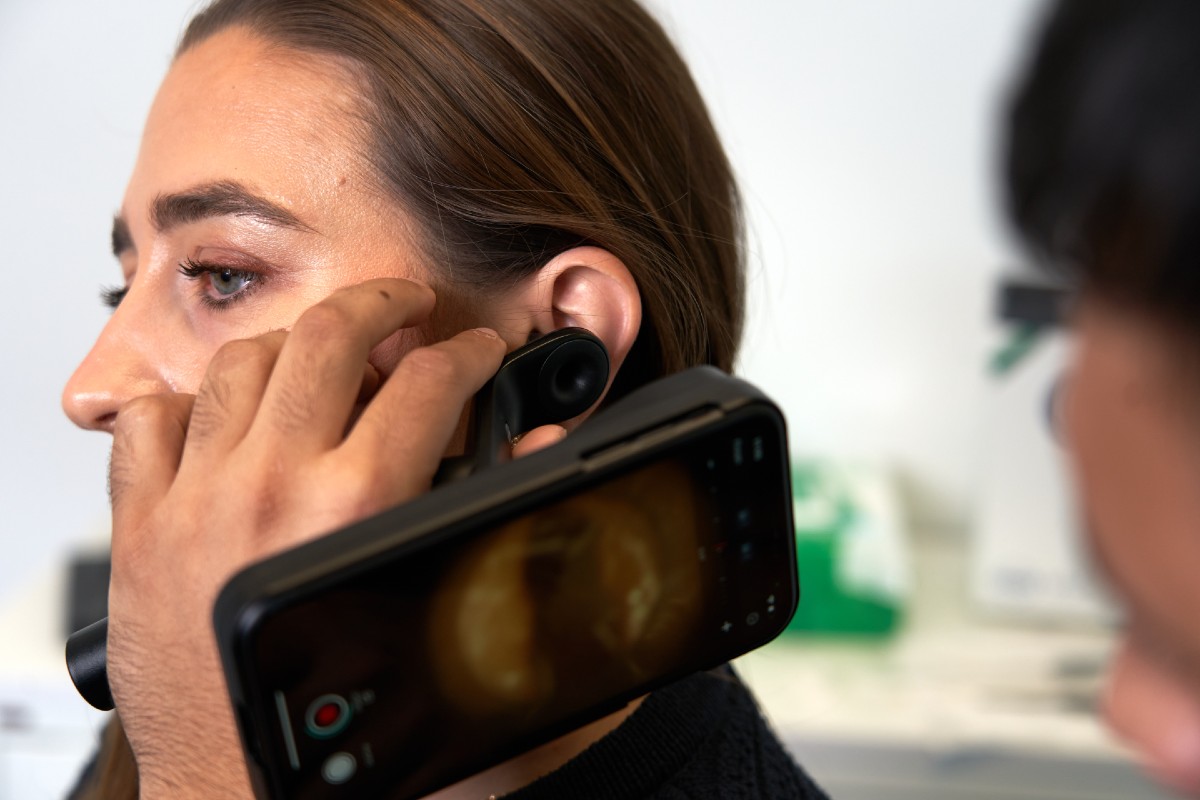The investigation, during which patients and families met with the HSSIB to share stories and experiences of care not being followed up, found vital information about diagnoses, medications and necessary follow-up care was often delayed, incomplete, or missed altogether, leading to incidents of patient harm.
Nick Woodier, senior safety investigator said: ‘We heard throughout the investigation about the distressing impact on patients and families when care is not followed up. One thing we have heard from several families is that when there are gaps in information, they are left to take on responsibility of ensuring the right information is communicated to the right place for their loved ones. They felt they didn't have support from healthcare organisations. This is a heavy burden to carry, especially if someone has complex health needs.'
Key findings included:
- documented cases of patient harm where critical follow-up actions were not undertaken due to poor discharge communication
- lack of interoperability between IT systems, leading to missed, delayed, or lost clinical information
- discharge summaries not reaching all providers responsible for ongoing care, and sometimes not reaching patients themselves
- no clear accountability for the safety of patients in the early post-discharge period
- normalisation of poor-quality discharge communication, with limited regulatory oversight of cross-provider pathways
- insufficient education and training for clinical staff on how to write effective, user-centred discharge correspondence.
The report's recommendations include providing standards to support access to high quality safety critical information that takes account of the complexity of local systems and setting expectations for NHS healthcare providers to enable them to deliver continuity in patient care after discharge from hospital.
HSSIB have also suggested actions for ICBs and also included comprehensive learning prompts in the report to help staff at a local level respond to patient safety concerns.
A Department of Health and Social Care spokesperson said: ‘It is unacceptable that patients suffer harm while attempting to be discharged from hospital and our thoughts are with those who have been affected.
‘Our 10-Year Health Plan will transform the NHS and bring it into the 21st century. We are simplifying the systems intended to improve care and safety - merging organisations, clarifying remits and strengthening powers. This will lift the bureaucratic burden to boost the quality of care and put patient experience at the heart of the NHS.
‘Crucially, we will also harness the power of technology as part of a fundamental shift from analogue to digital and make the NHS App the digital front door to the NHS. This will be underpinned by a Single Patient Record ensuring seamless care for everyone - whether in a health setting or at home - which all healthcare staff will have access to no matter where they are.'



